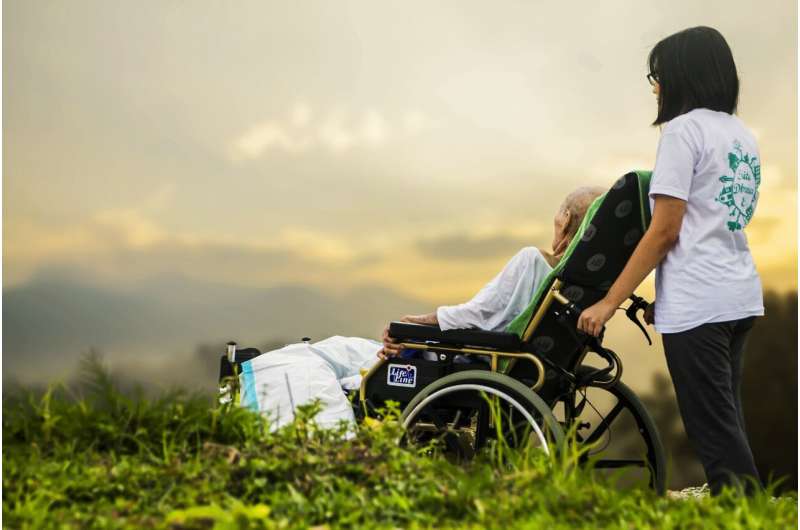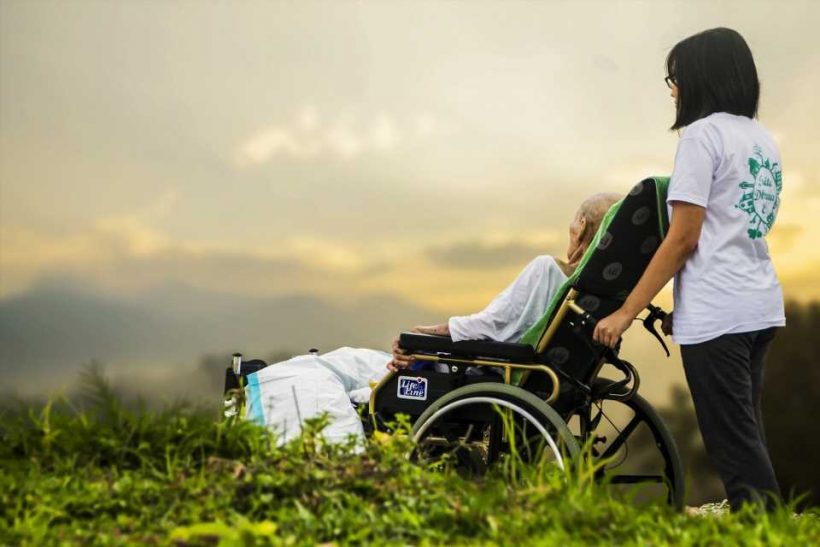
Some patients choose to voluntarily stop eating and drinking (VSED) as a way of hastening death. Researchers from the Amsterdam University Medical Center conducted a study to describe patients’ motives for doing so, how they decide to voluntarily stop eating and drinking, and the way in which they prepare to do so, along with how they involve others.
The researchers conducted qualitative interviews with 29 patients living in the Netherlands. Among 29 cases, 24 started VSED and 19 died. Thirteen cases were included before and during VSED and 16 afterward. Study participants include 17 patients, 18 informal caregivers, and 10 professional caregivers. The paper is published in The Annals of Family Medicine journal.
Researchers identified three specific groups of patients who decided to adopt VSED to hasten death. Older people who felt their lives were complete and valued control over the end of their lives were well prepared to carry out VSED and could overlook the need for help and the emotional burden they would have placed on relatives.
The second group were older, care-dependent patients with poor quality of life. They often started VSED suddenly and relied heavily on mostly informal caregivers for the preparation and execution of their end-of-life plans. The third group were mostly younger psychiatric patients with a long-lasting, though often fluctuating, wish to control their own deaths. These patients often prepared for VSED in secrecy or initiated VSED unprepared.
In the Netherlands, general practitioners usually provide care for a patient who chooses to hasten death by voluntarily stopping eating and drinking.
Patients who seek to hasten death by voluntarily stopping food or liquid consumption can be divided into three categories: older patients who seek control over their lives; those who wish to hasten a natural death; and those who want to end their lives through suicide. The researchers explore the background and motive, considerations and expectations; involvement of others, and outcome trajectory for each group.
They conclude that since patients who choose VSED are varied, it is important that professional and patient guidance apply to all patients considering VSED, no matter their reason for choosing to hasten their own deaths.
More information:
Eva Elizabeth Bolt et al, Patients Who Seek to Hasten Death by Voluntarily Stopping Eating and Drinking: A Qualitative Study, The Annals of Family Medicine (2023). DOI: 10.1370/afm.3037
Journal information:
Annals of Family Medicine
Source: Read Full Article
